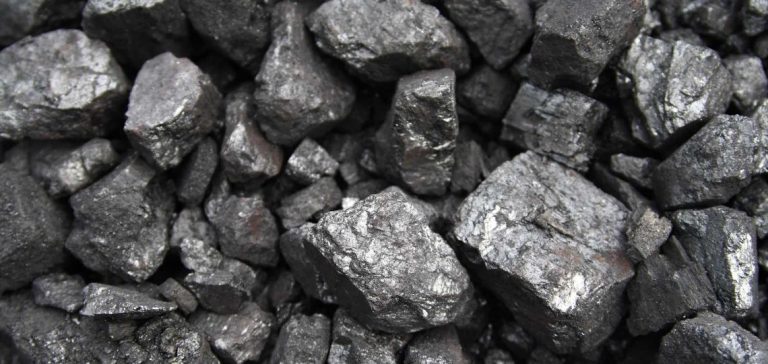The global petcoke market, a by-product of petroleum refining, is currently experiencing a widespread price drop. This decline is primarily driven by China’s reduced imports of high-sulfur petcoke following new, albeit unofficial, environmental restrictions. As a result, American, Saudi, and Russian petcoke is now in surplus on the market.
Indian and Turkish buyers have taken advantage of this opportunity to negotiate lower prices. Turkey’s imports doubled, reaching 800,000 tons between August and September 2024. Meanwhile, India has reduced its purchases compared to the same period last year, but has accumulated enough stock for the rest of the year. According to S&P Global Commodity Insights, U.S. petcoke with 6.5% sulfur content delivered to India fell below $100 per ton, marking its lowest level since 2020.
Supply Surplus Puts Pressure on Prices
The reallocation of supply to India and Turkey does not fully compensate for the absence of demand from China, a major consumer. U.S. and Saudi refineries, which primarily produce high-sulfur petcoke, face increased pressure to offload their volumes. Saudi petcoke, in particular, which contains up to 9.5% sulfur, struggles to find buyers outside of India, where some regions restrict the use of products with over 7% sulfur content.
Producers are thus forced to adjust their prices, especially given rising transportation costs. In Turkey, the situation is somewhat more favorable as increased demand slightly stabilizes local prices. However, volatility remains high, as buyers are aware of their strong bargaining power in an oversupplied market.
Impact on the Cement Industry
The cement industry, a major consumer of petcoke, is closely monitoring this situation. In India, cement manufacturers, who use this product as a fuel for their kilns, delayed purchases during the election period and the monsoon, further reducing demand. This decision, coupled with stock accumulation, exacerbates the difficulties faced by petcoke producers. In Turkey, cement producers have taken advantage of the price drop to build up low-cost inventories, anticipating a potential price increase linked to the resumption of construction activity after the summer.
However, stockpiling could become problematic if demand does not recover quickly. The intense competition among cement producers, aiming to reduce costs, is driving an increased use of alternative fuels, such as thermal coal. This exerts additional pressure on petcoke prices, which may remain below $90 per ton for delivered cargoes in Turkey.
Market Outlook and Strategic Adjustments
In the short term, the petcoke market is characterized by persistent uncertainty. U.S. and Saudi refineries, struggling to adapt their production chains, may need to consider strategic adjustments. Several refineries have already reduced their production of high-sulfur petcoke or are looking to diversify into less sulfur-restricted industrial segments.
The absence of China, even temporarily, creates a void that India and Turkey alone cannot fully fill. While demand in these countries remains robust, it is insufficient to absorb the excess supply. Consequently, a prolonged supply-demand imbalance could force some players to rethink their production and sales strategies.






















